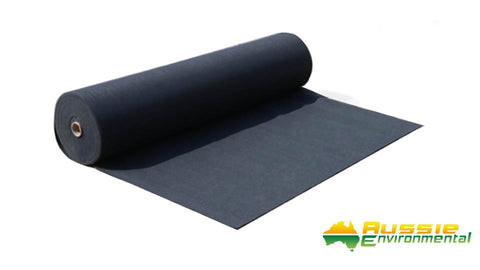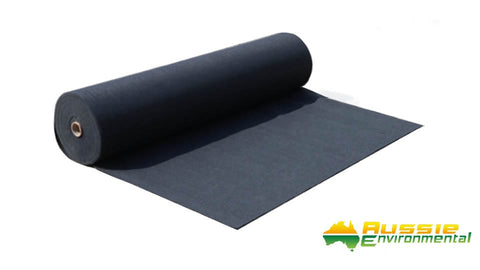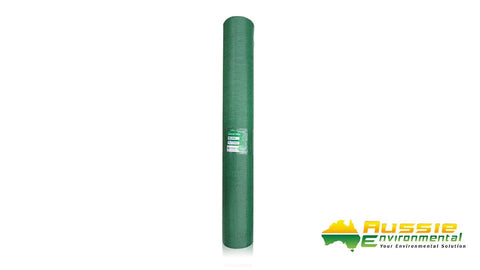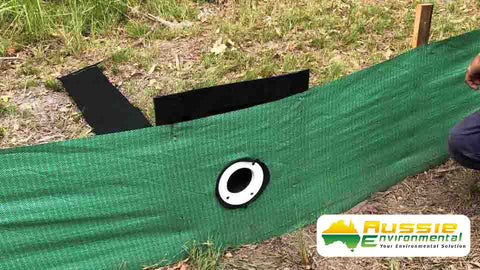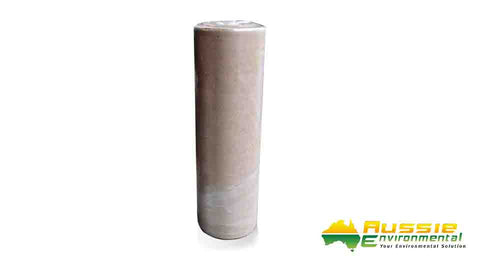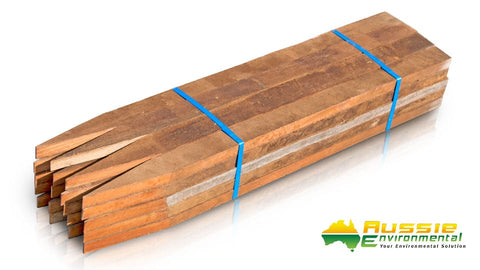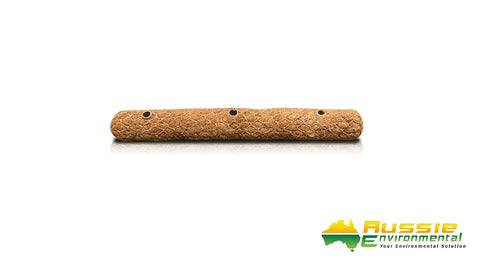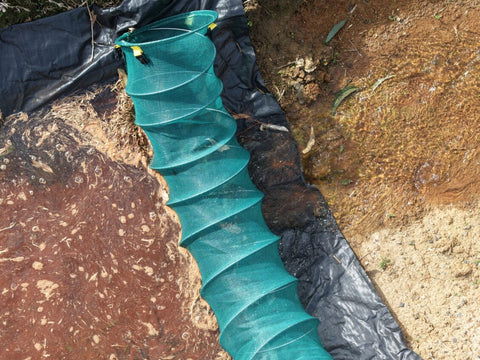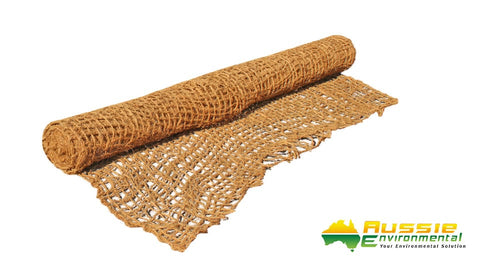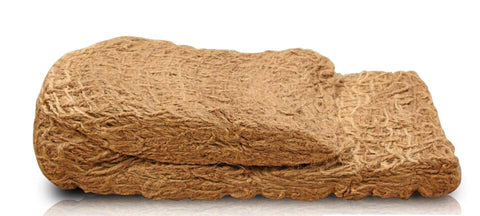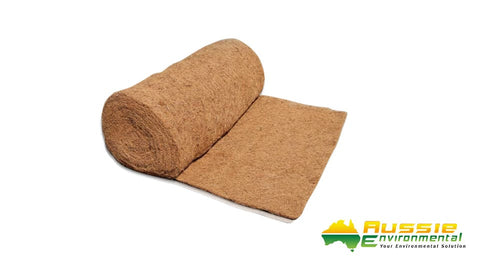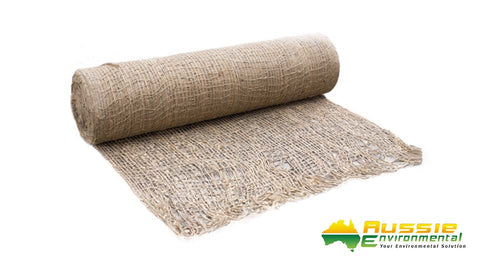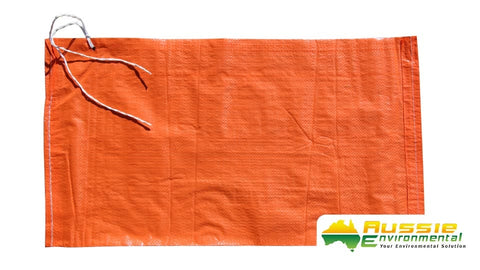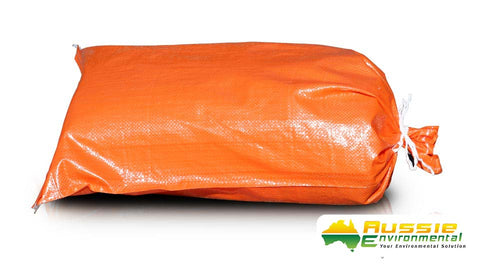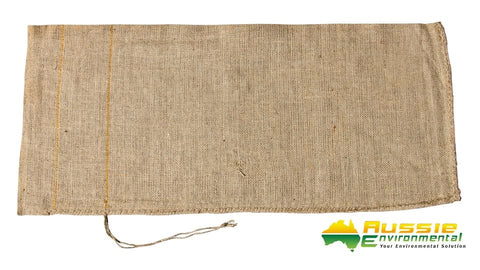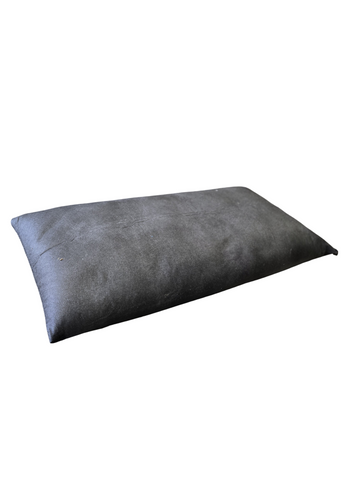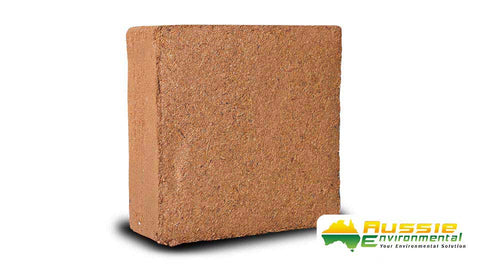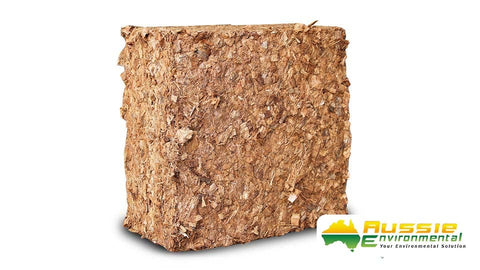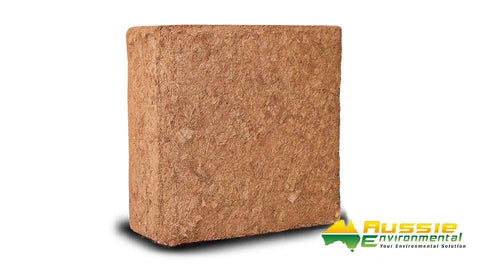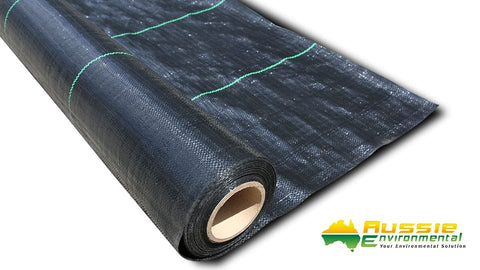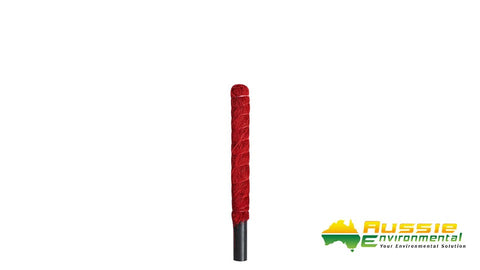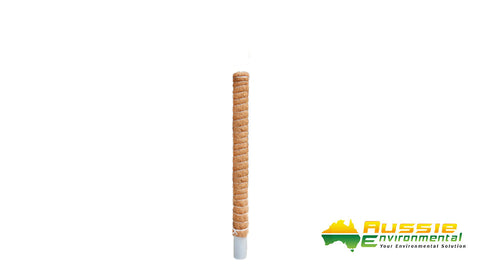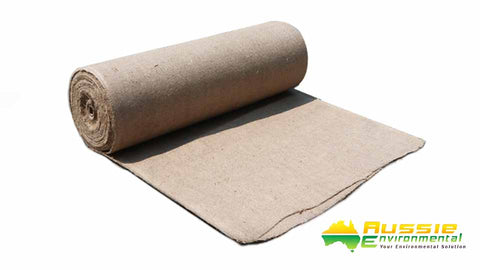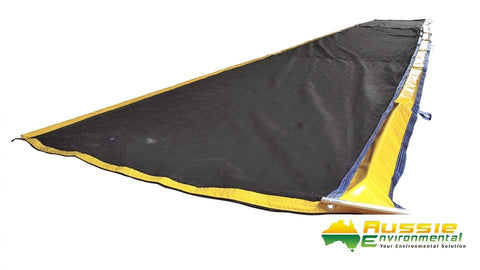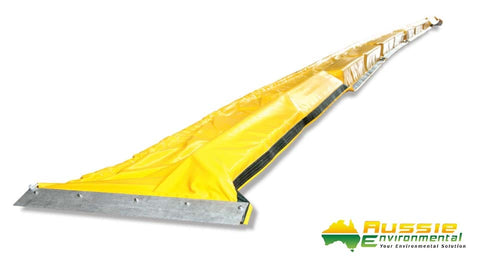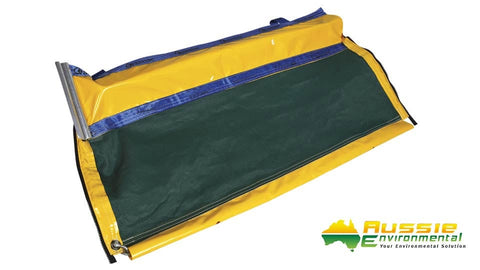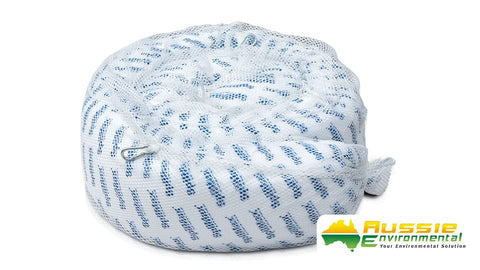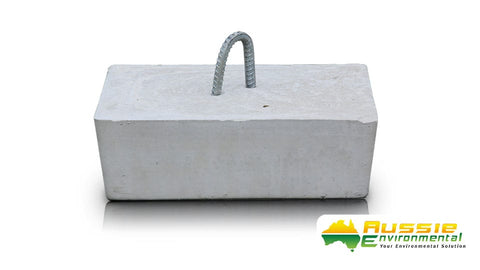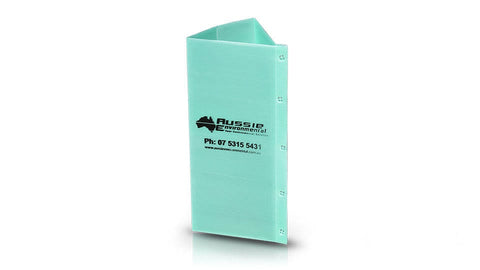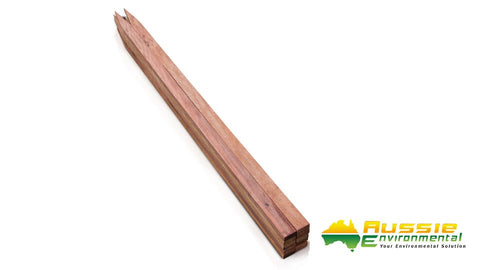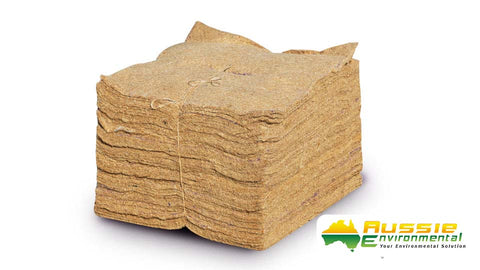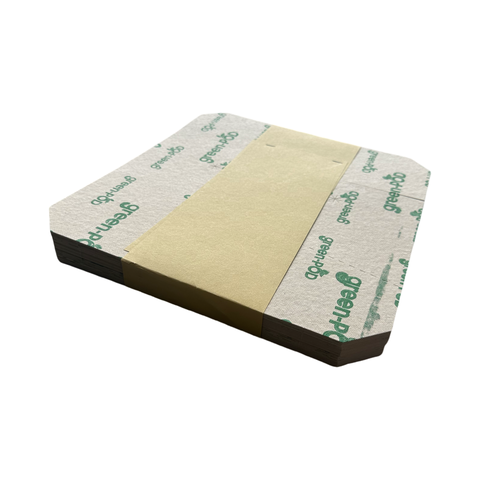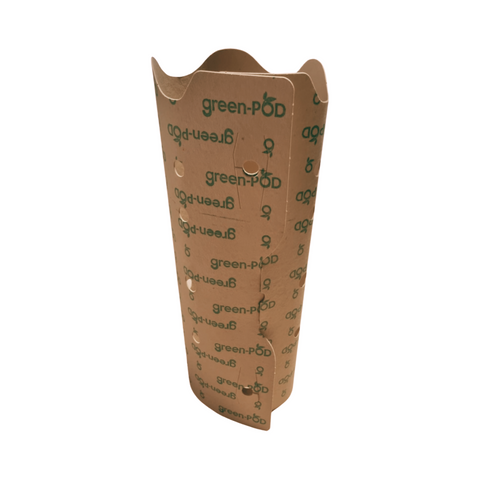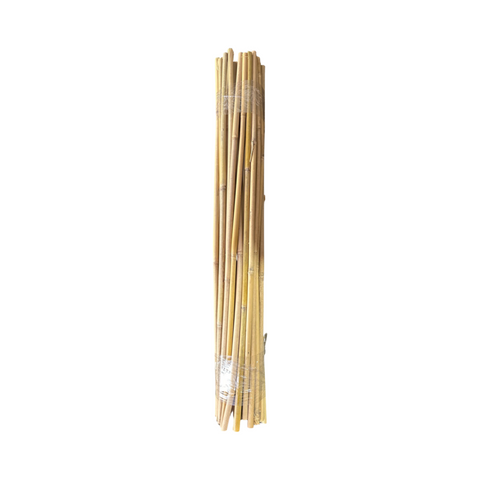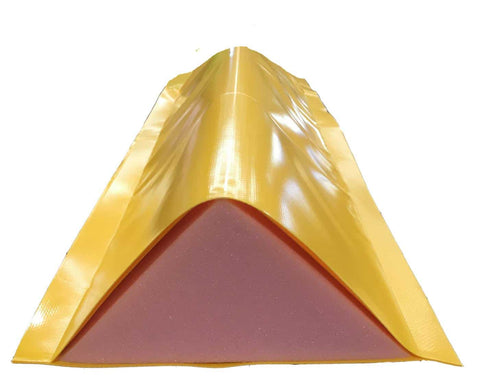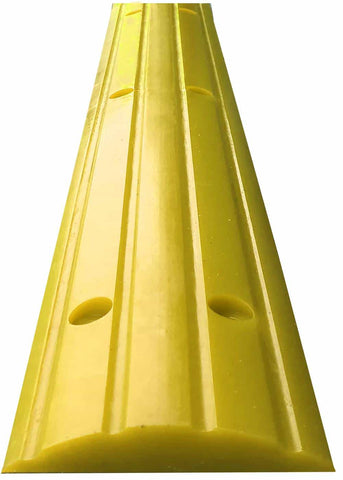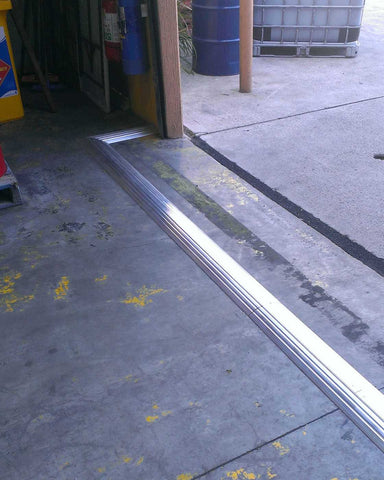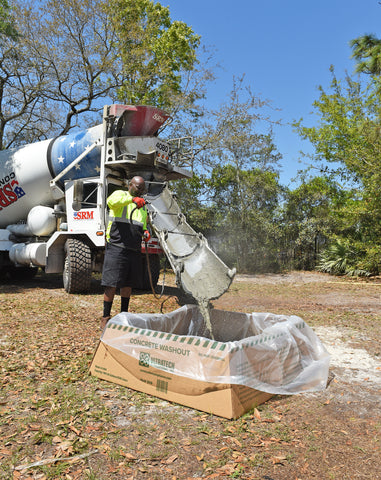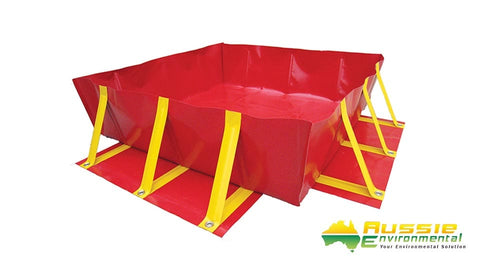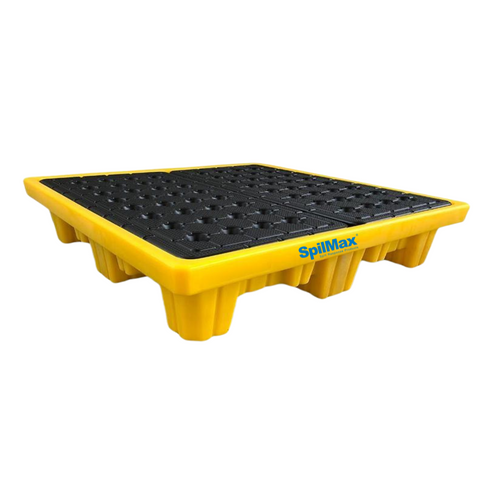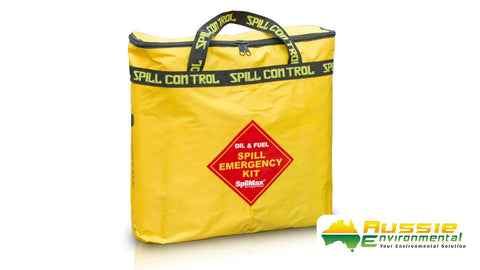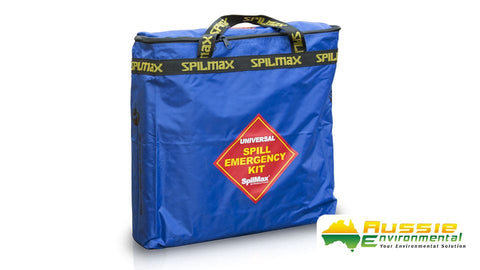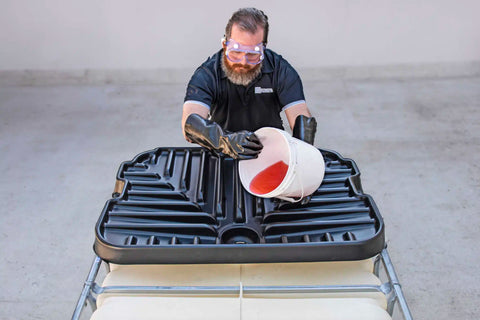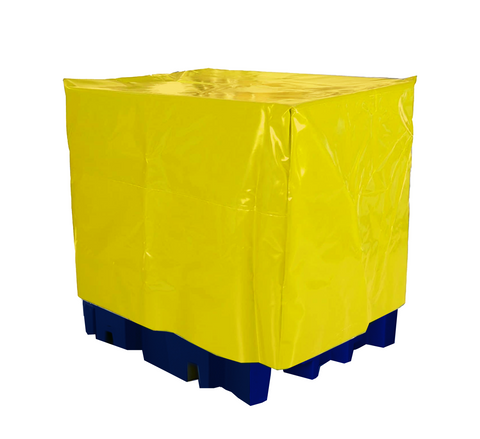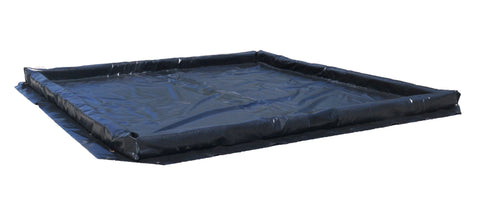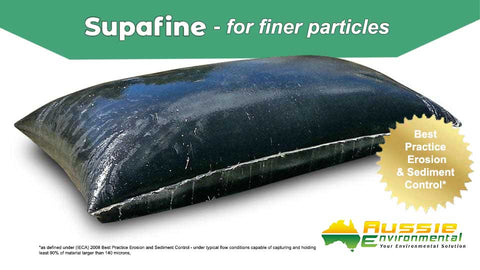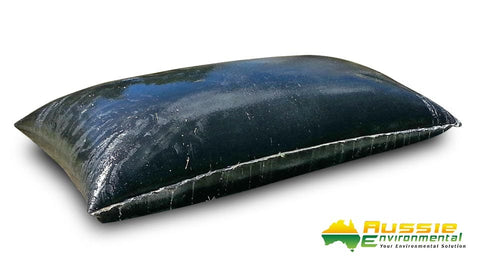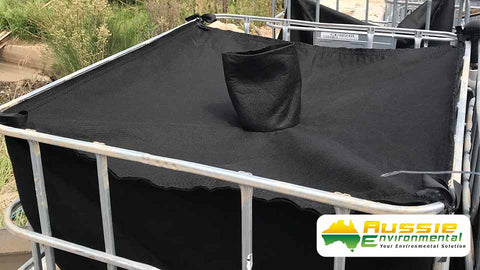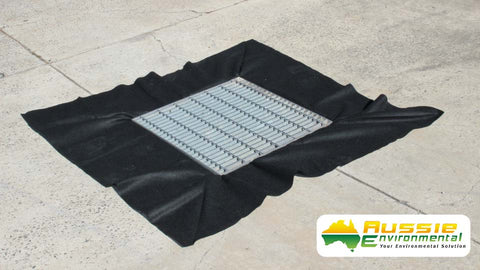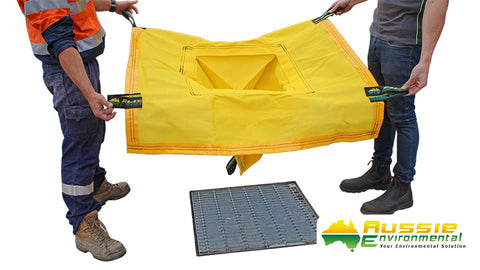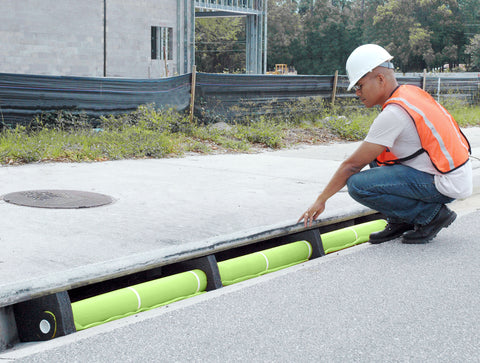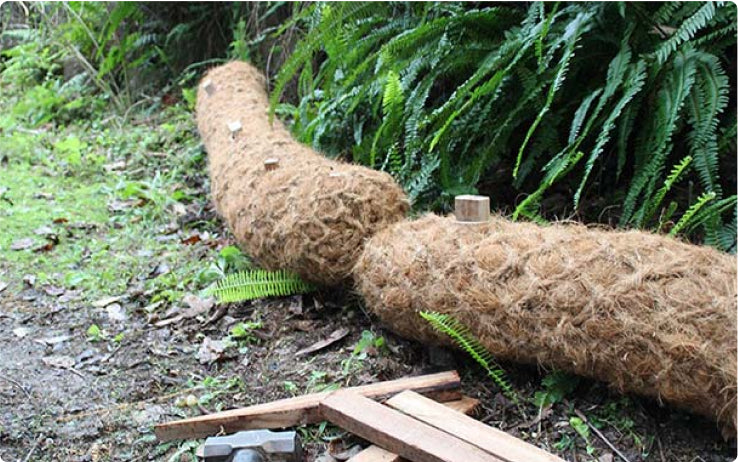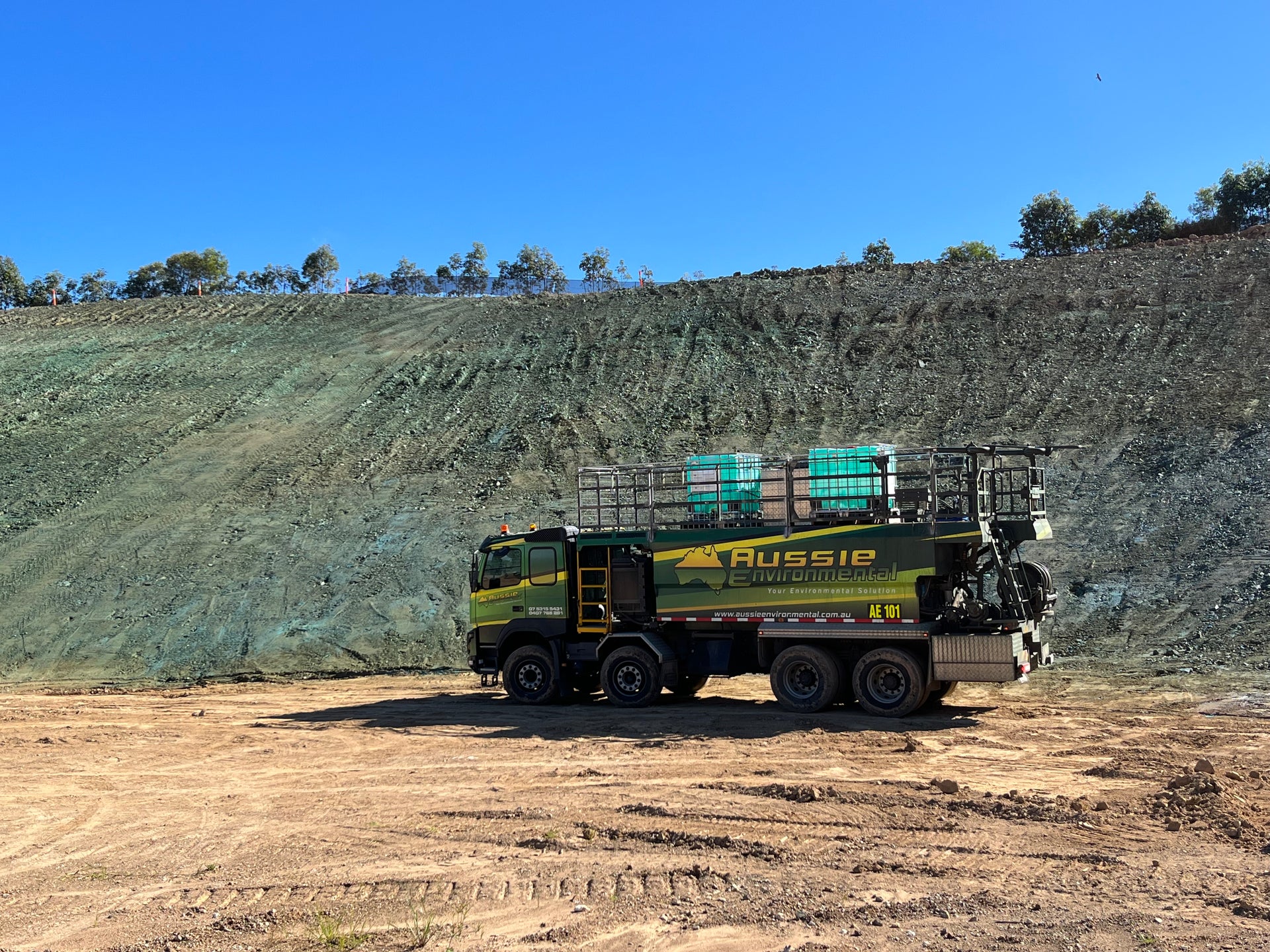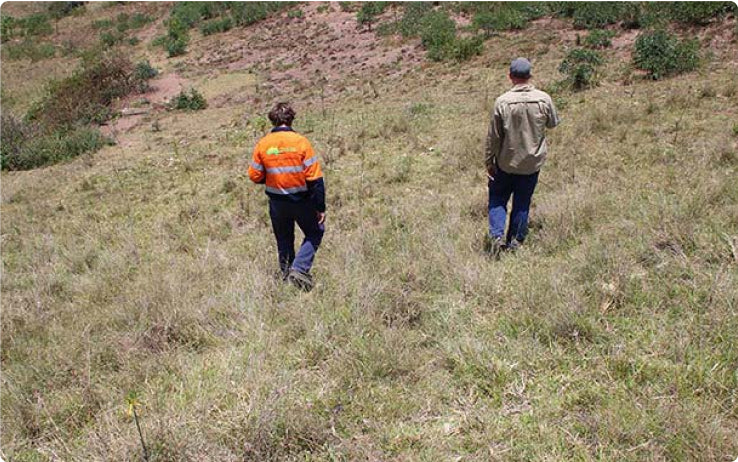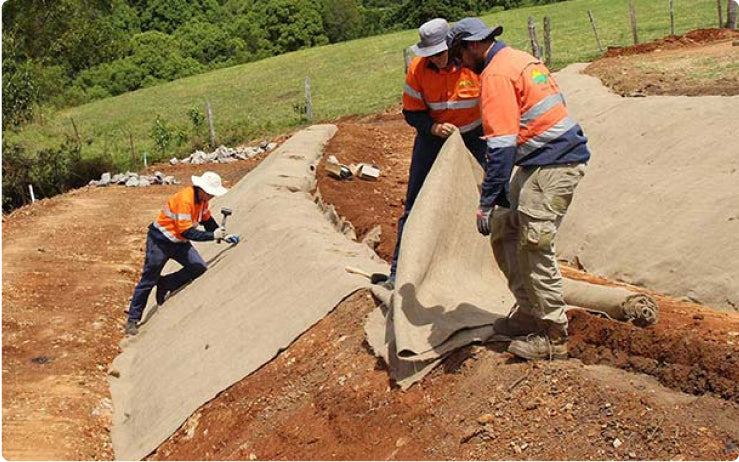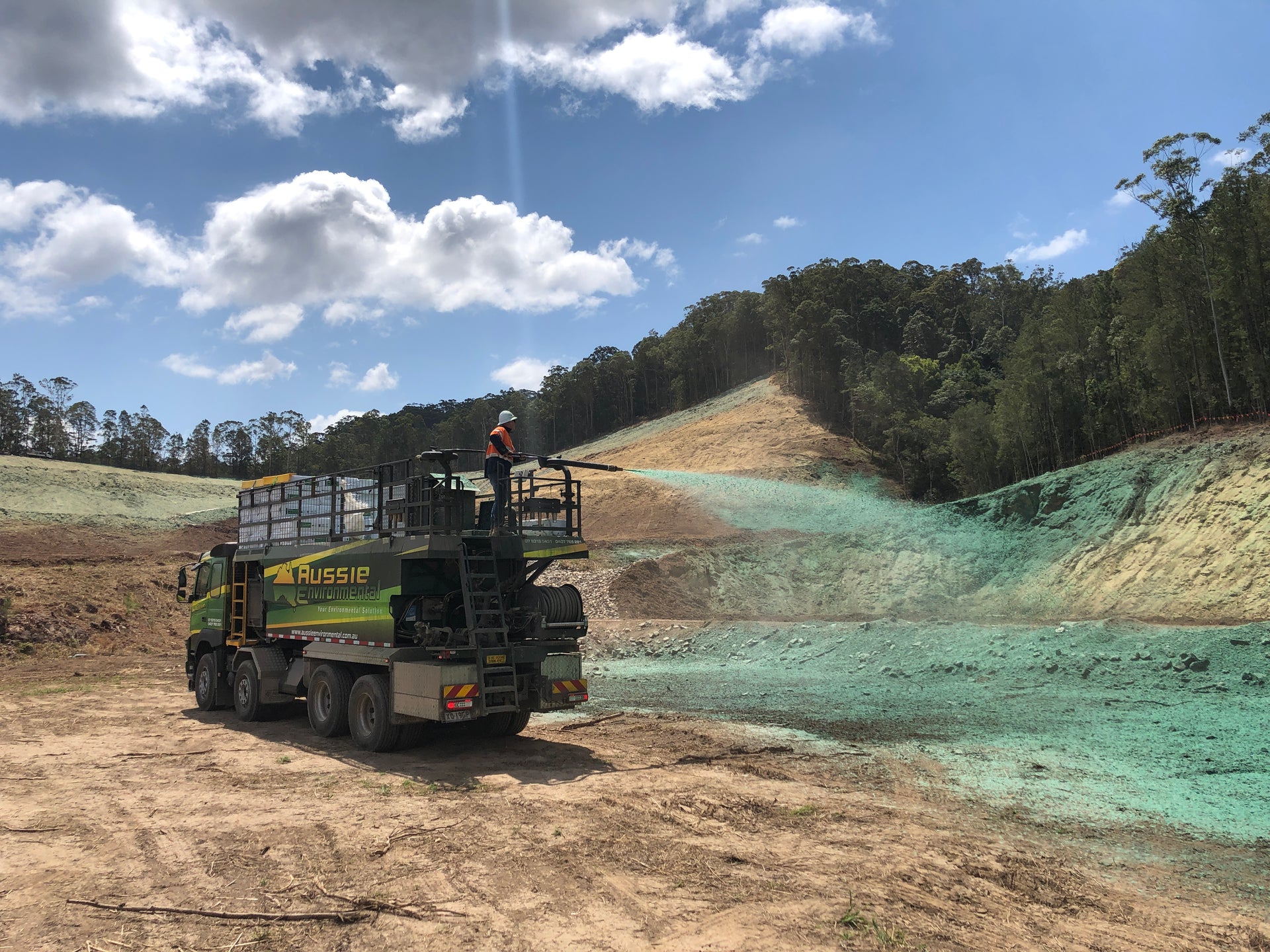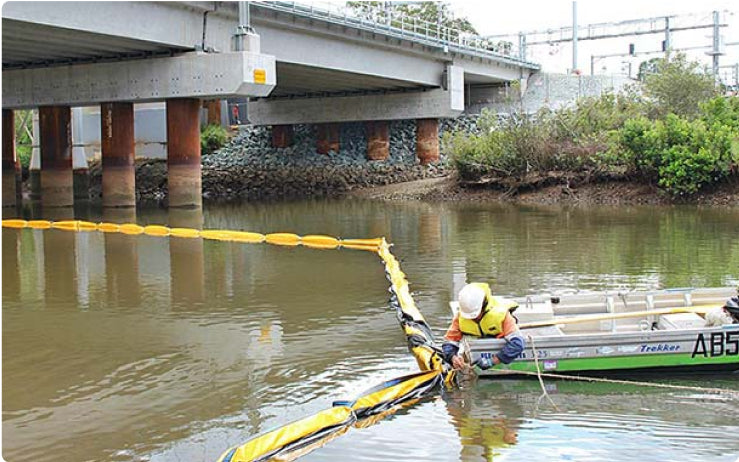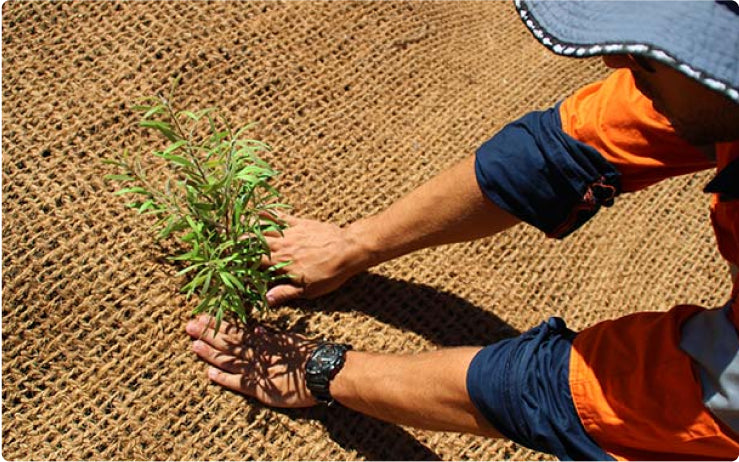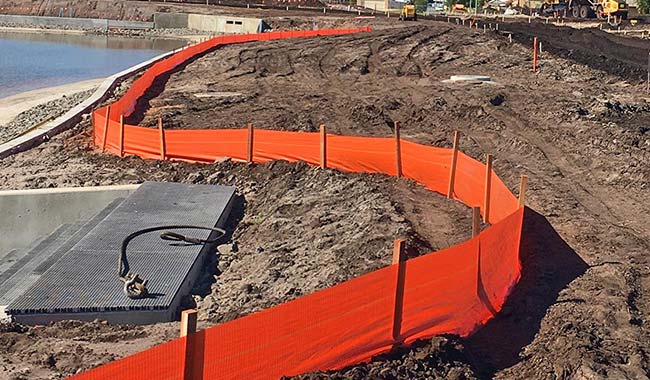Using revegetation products to bring life back to your land
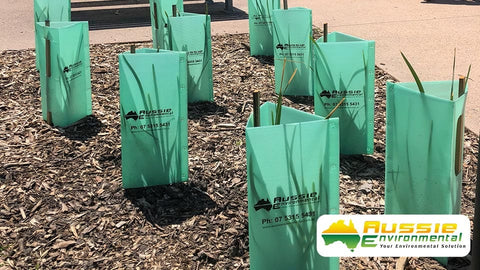
Rehabilitation of large areas of land is a vital element in helping our environment and improving the value of your property, which is why revegetation products are becoming so popular in Australia. Land can be damaged by natural causes, such as drought, erosion or bushfires, but it can also be caused by overstocking, as well as through poor land management. So when you need to rejuvenate your land, what are the steps you need to take and how can you make the best use out of the products that are available?
Assess the condition of your land
Have you lost all the topsoil? Is it lacking in nutrients or has your land turned acidic or saline? Do you have water run-off / erosion issues? Before you start to revegetate your land, you need to know its current condition, and how to rectify these problems. Seeking consultation from an expert is highly recommended to assess the condition of your land. Sending soil samples for analysis may be required to assess the condition of your soil. To assess drainage and erosion issues, it is best to take a photo and email them to Certified Professionals in Erosion Sediment Control for advice on the best approach to rectify the issue. Aussie Environmental have accredited CPESC professionals in-house and provide free general guidance. If more detailed assessment is required, Aussie Environmental can also provide Site Consultations, Erosion and Sediment Control Plans & Compliance Assessments.
Select the best type of plants and revegetation products
The type of plants you select to help rehabilitate your land will go some way towards determining which revegetation products you need to use. You might just want to improve the soil and drainage and then let it be populated by native species or you might want to plant specific trees to lower the water table and encourage birds and other wildlife into the area. You might also want to plant salt tolerant species or species that are excellent at reducing erosion.
For native seeding, the best type of revegetation products are jute mesh or coir mesh with an open mesh structure that allows seeds to naturally settle and take roots, while preventing erosion and excessive run-off. On the other hand, if you are planting seedlings, jute matting with slits that allow you to position each tube stock into a specific position is a better option. Jute matting also helps to maintain moisture in the soil and prevent weeds from growing.
Keep assessing and maintaining the site
Once you have spent so much time and energy improving and revegetating your land, now is not the time to ignore it. You need to keep making sure that your erosion measures are working and that the plants are healthy and growing. One mistake often made at this point, which can lose you up to half of your new seedlings, is to use too much pressure when you water the seedlings. So if you employ staff to water this freshly planted land, ensure that they don’t use too much water pressure! Even with the best of intentions however, you may still lose some of your new plantings, so be prepared to replace this stock and continually assess erosion.
If you need help assessing your land for rehabilitation or you need assistance selecting the best type of revegetation products, Aussie Environmental is ready and willing. We provide a consultation service that will help you to make a success of your efforts. Call us on 07 5315 5431 or send us an email enquiry today.




